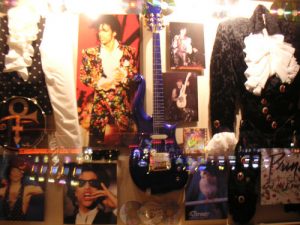Dear Bobby bhaiya,
Can I call you that, actually? Or are you going to pretend, like the guys I talk to on the tech support line, that you don’t understand what that word means?
I’m just trying to show you a little izzat. As much as I disagree with you, you are one of the few of the many, many potential Republican candidates for president who isn’t white. You had this to say about heritage and culture.
My dad and mom told my brother and me that we came to America to be Americans — not Indian-Americans. If we wanted to be Indians, we would have stayed in India. It’s not that they are embarrassed to be from India. They love India. But they came to America because they were looking for greater opportunity and freedom. I do not believe in hyphenated Americans.
Aré, bhaiya. I know how you feel, I really do. Once upon a time, I would’ve agreed with you. I thought that acting as if I were just another American (i.e. a white person) would aid in the fight in eradicating racism. I thought that the way to deal with racism was to treat it like a pimple: Ignore and it will go away.
Then, I stopped being 19 years old, and learned that you can’t just wish away the hyphen. Continue reading “Dear Bobby Jindal: You’ll Never Be White” →


